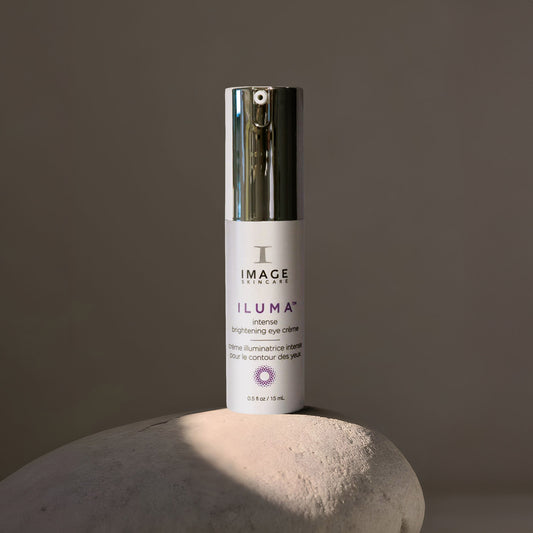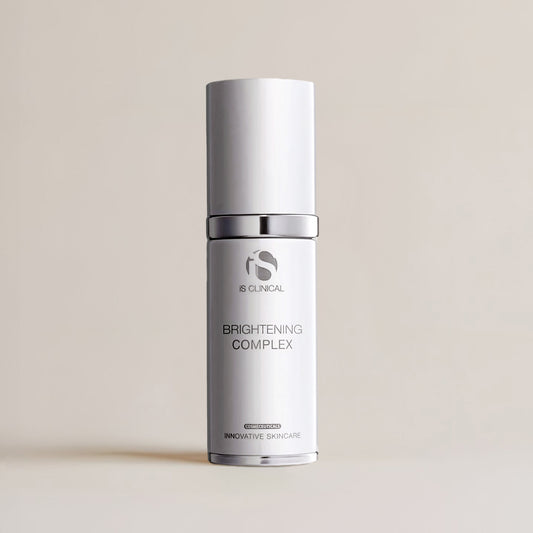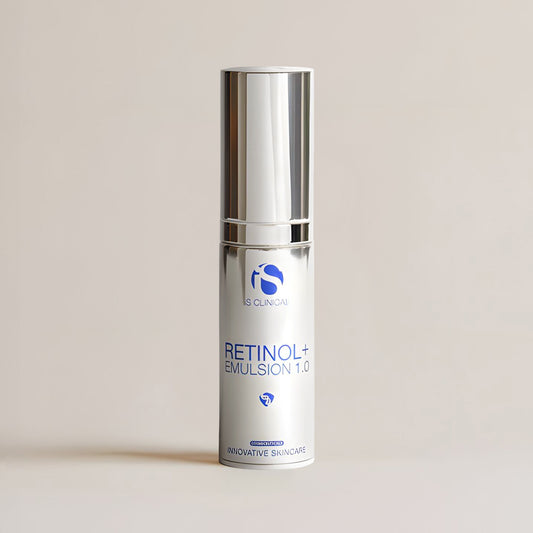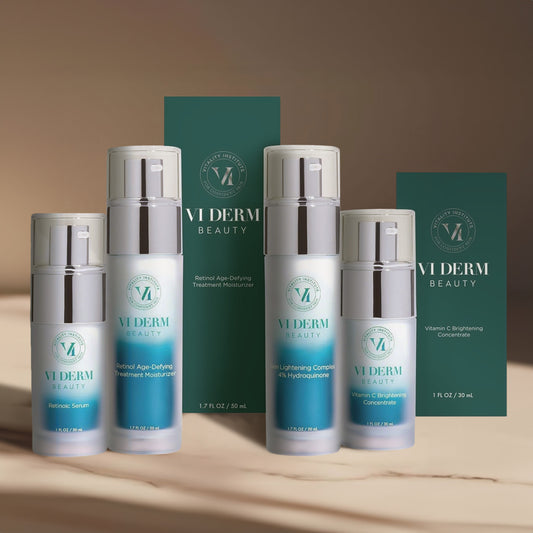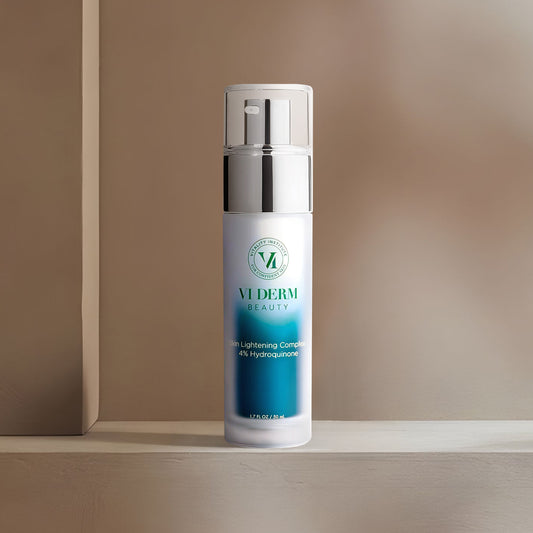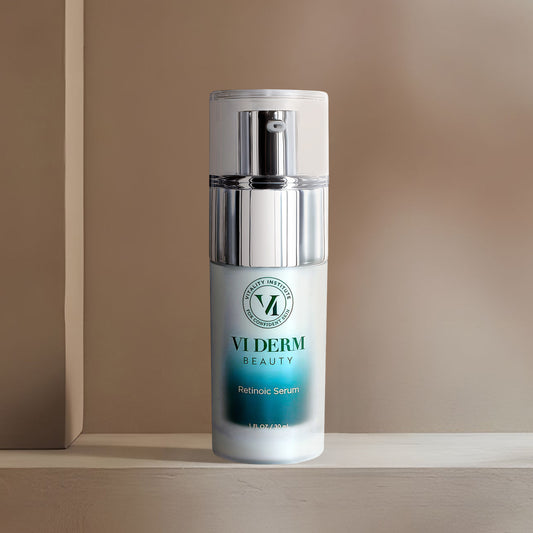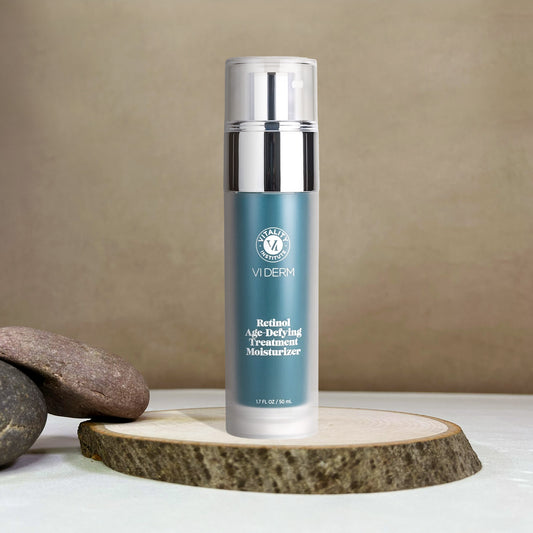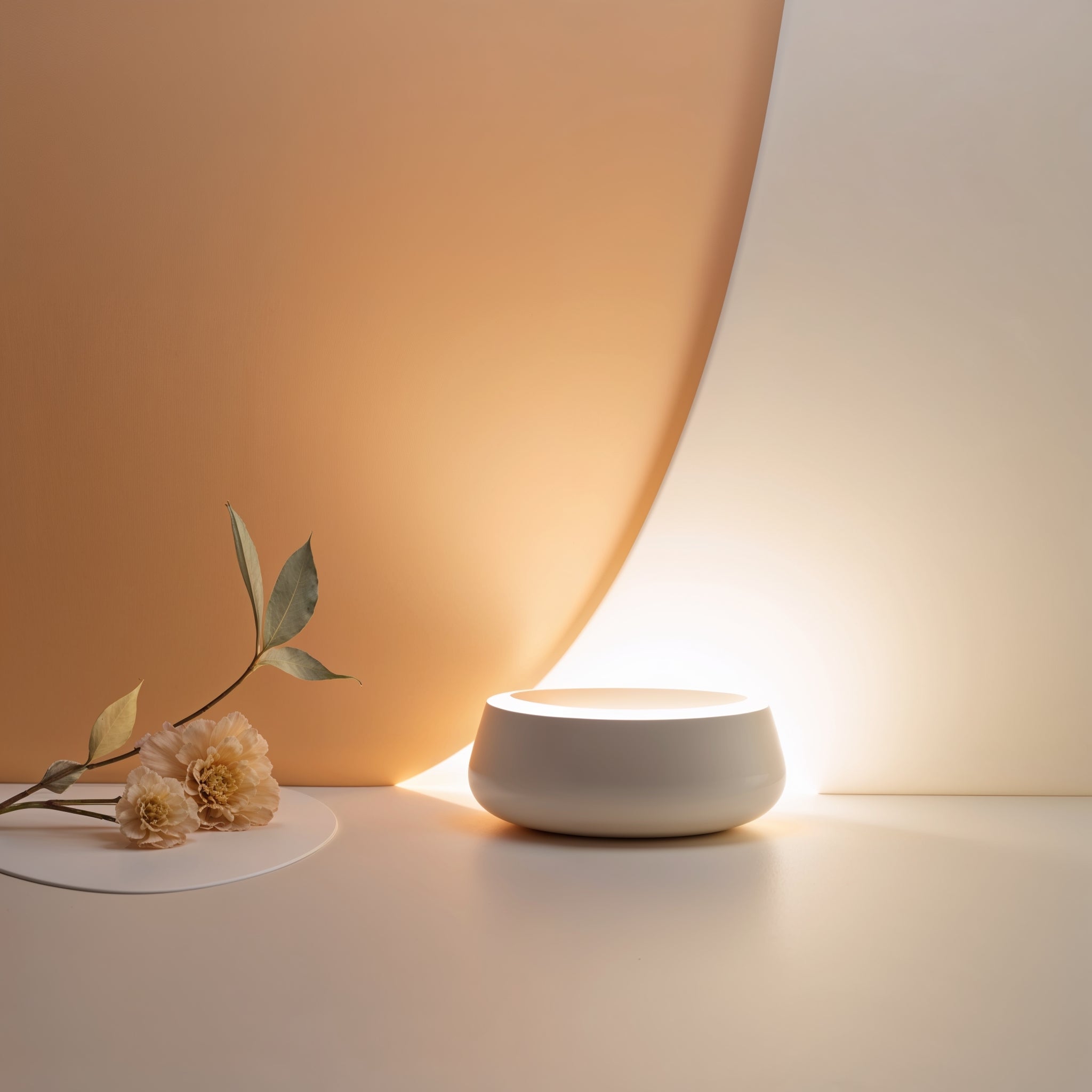
Anti-Pigmentation Creams
Collection: Anti-Pigmentation Creams
Struggling with dark spots or skin discoloration? Pigmentation creams with key ingredients like vitamin C, tranexamic acid, and kojic acid are your best solution. Target pigmentation issues, melasma, and sun spots while improving skin tone and texture. Best results with SPF!
-
Image Skincare Iluma Intense Brightening Eye Crème
Regular price $98.00Regular priceUnit price / per -
IS CLINICAL Brightening Complex
Regular price $152.00Regular priceUnit price / per -
is Clinical Retinol + Emulsion 1.0
Regular price $179.00Regular priceUnit price / per -
VI Derm Beauty Pigment Correcting Kit
Regular price $300.00Regular priceUnit price / per -
VI Derm Beauty Skin Lightening Complex 4% Hydroquinone Cream
1 reviewRegular price $140.00Regular priceUnit price / per -
VI Derm Retinoic Serum with 0.1% Tretinoin
Regular price $108.00Regular priceUnit price / per$22.00Sale price $108.00 -
VI Derm Retinol Age-Defying Treatment Moisturizer
Regular price $110.00Regular priceUnit price / per$22.00Sale price $110.00
How to Choose the Right Anti-Pigmentation Cream for Your Skin Type
When selecting an anti-pigmentation cream, it’s important to consider your skin type.
For dry skin, look for products with hydrating ingredients like hyaluronic acid and vitamin E.
If you have sensitive skin, azelaic acid or licorice root extract may be gentler options.
For oily or acne-prone skin, niacinamide helps balance oil while reducing dark spots. Choosing the right formula for your skin type ensures the best results without irritation.
Key Ingredients to Look for in Anti-Pigmentation Creams
Key ingredients make all the difference in treating pigmentation issues. Vitamin C, retinol, and hydroquinone are powerful for fading dark patches.
Kojic acid and tranexamic acid are effective against stubborn pigmentation.
Always choose products with proven active ingredients that target melanin production and support skin cell turnover. Understanding these ingredients helps you choose the best solution for your pigmentation concerns.
Preventing Pigmentation from Worsening
Using anti-pigmentation creams is only part of the solution—prevention is key. Always apply sunscreen with SPF to shield against UV exposure and prevent sun damage, which can darken existing spots. Protecting your skin from the sun and wearing SPF daily can help maintain results and stop new dark spots from forming. Consistent care is crucial for long-term improvement.
Types of Hyperpigmentation and How They Respond to Creams
There are different types of hyperpigmentation, including melasma, age spots, and inflammatory hyperpigmentation.
Melasma is often triggered by hormonal changes
Age spots are typically caused by sun exposure.
Look for Anti-pigmentation creams with ingredients like vitamin C, tretinoin, or glycolic acid. These are effective at targeting these issues. Understanding your type of pigmentation can help you select the right treatment for faster, noticeable results.
How Long Does It Take to See Results with Anti-Pigmentation Creams?
Patience is key when using anti-pigmentation creams. You might notice improvements within 4-8 weeks, but more stubborn pigmentation may take longer. Ingredients like hydroquinone and tretinoin work best with consistent use over time. Pairing your cream with regular sunscreen can help achieve quicker, lasting results. Remember, consistency and sun protection are vital for noticeable changes.
Anti-Pigmentation Creams FAQ
How does anti-pigmentation cream work?
Anti-pigmentation creams work by using active ingredients like vitamin C or niacinamide to lighten dark spots and uneven skin tone. These ingredients do three main things.
1. Help reduce melanin production
2. Exfoliate dead skin cells
3. Improve skin texture for better results.
Are pigmentation creams safe to use?
Yes, pigmentation creams are generally safe. However, always choose products with proven ingredients like retinol or tretinoin. Some types of pigmentation may need a dermatologist's recommendation, especially for sensitive skin or severe pigmentation issues.
What is the fastest way to get rid of pigmentation?
While creams work, a chemical peel or laser treatment can often provide faster results. The best solution depends on your skin type, pigmentation type, and sun exposure. Consult a dermatologist for personalized advice.
How do you reduce pigment spots?
Use a cream with hydroquinone or vitamin C . These active ingredients lighten dark patches and reduce melanin production. Regular sunscreen is crucial to prevent further sun damage and keep pigmentation from worsening.
Can pigmentation be removed by cream?
Yes, creams can help fade pigmentation. Ingredients like tretinoin or retinol are effective at lightening dark spots and improving skin tone, but consistent use is key for best results. Always protect your skin with SPF to prevent new spots.
Blog posts
View all-

Should I Start Skincare with Slowness?
Should I Start Skincare with Slowness?In the fast-paced world of beauty trends and instant gratification, you might be wondering if taking a slower approach to skincare is worth it. The...
Should I Start Skincare with Slowness?
Should I Start Skincare with Slowness?In the fast-paced world of beauty trends and instant gratification, you might be wondering if taking a slower approach to skincare is worth it. The...
-
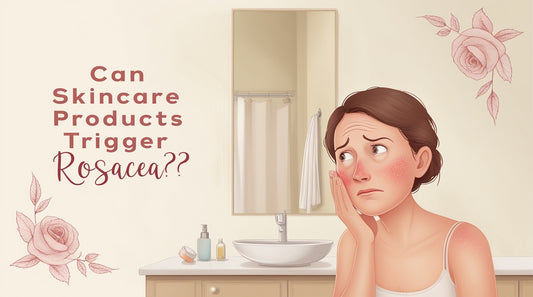
Can Skincare Products Trigger Rosacea?
If you're dealing with rosacea, you know how frustrating it can be to manage your skin. One question that often comes up is whether skincare products can trigger rosacea flare-ups....
Can Skincare Products Trigger Rosacea?
If you're dealing with rosacea, you know how frustrating it can be to manage your skin. One question that often comes up is whether skincare products can trigger rosacea flare-ups....
-
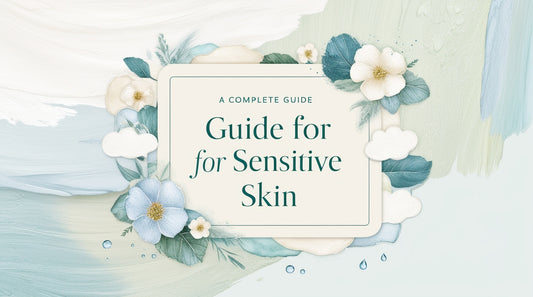
A Complete Guide For Sensitive Skin
If you have sensitive skin, you know how tricky it can be to find the right skin care routine. With 20 years of experience, I’ve seen it all. Sensitive skin...
A Complete Guide For Sensitive Skin
If you have sensitive skin, you know how tricky it can be to find the right skin care routine. With 20 years of experience, I’ve seen it all. Sensitive skin...

